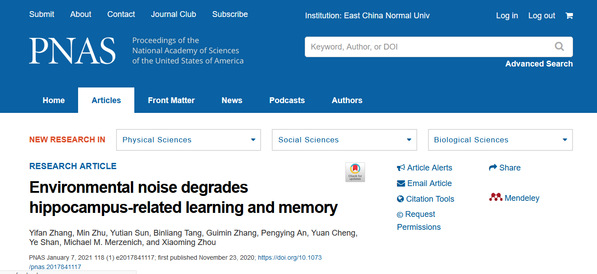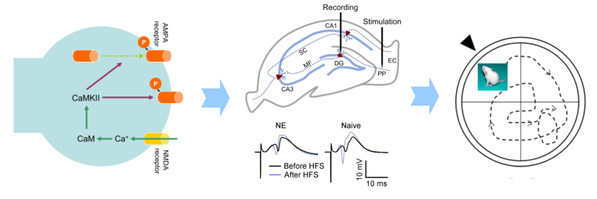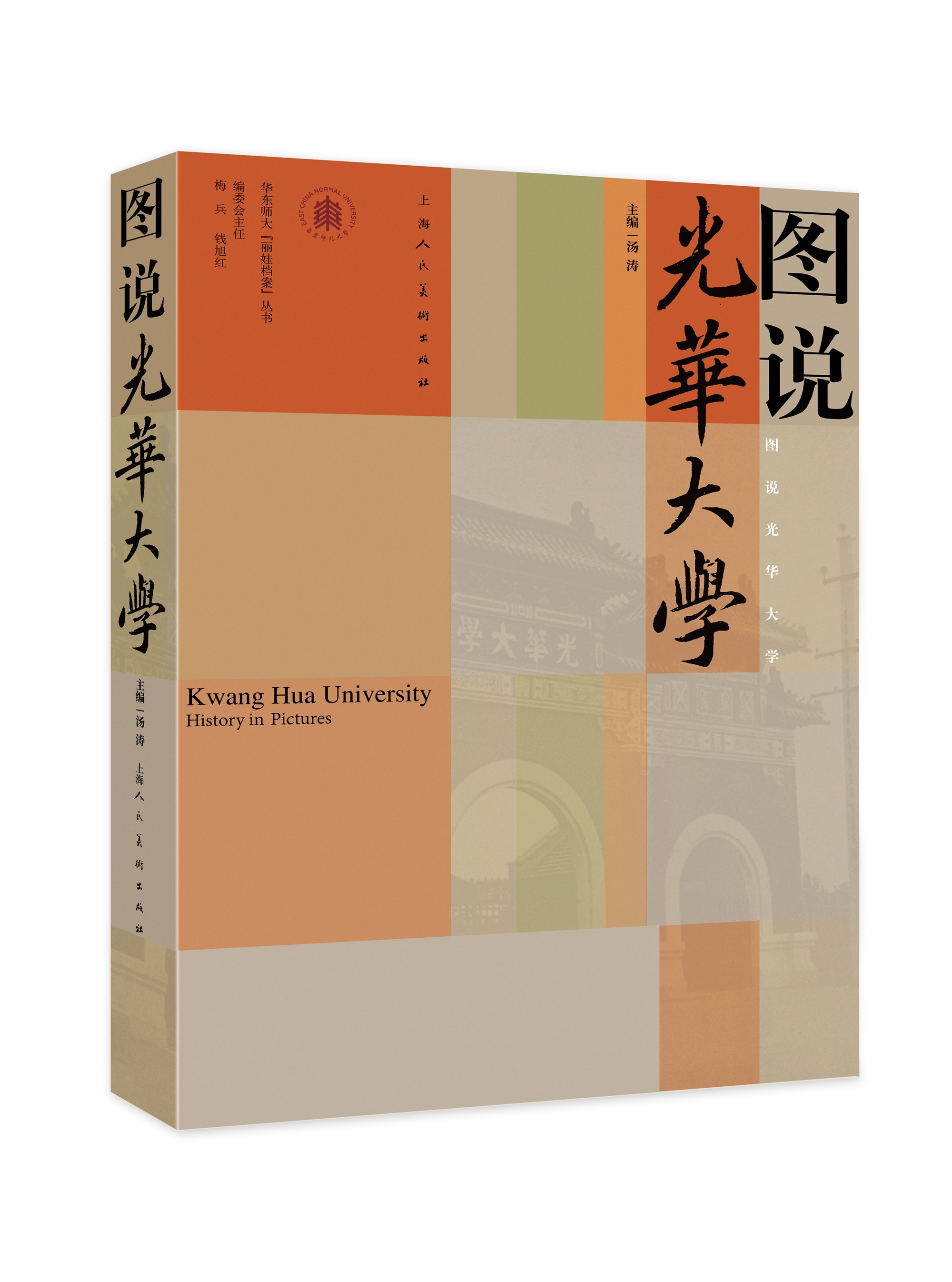With the development of industrialization, more and more attention has been paid to the impact of noise pollution on human health. Previous studies have confirmed that noise has a great negative impact on the auditory system function of human and animal models, but the effect and mechanism of noise on non-auditory function, especially brain learning and memory, have not been studied in detail. Zhou Xiaoming, professor from Key Laboratory of Brain Functional Genomics of ECNU recently published academic achievements in Proceedings of the National Academy of Sciences of the United States of America (PNAS), with the title of “Environmental noise degrades hippocampus-related learning and memory”.


The neural mechanisms underlying the impacts of noise on nonauditory function, particularly learning and memory, remain largely unknown. The researchers demonstrate that rats exposed postnatally (between postnatal days 9 and 56) to structured noise delivered at a sound pressure level of ∼65 dB displayed significantly degraded hippocampus-related learning and memory abilities. Noise exposure also suppressed the induction of hippocampal long-term potentiation (LTP). In parallel, the total or phosphorylated levels of certain LTP-related key signaling molecules in the synapses of the hippocampus were down-regulated. However, no significant changes in stress-related processes were found for the noise-exposed rats. These results in a rodent model indicate that even moderate-level noise with little effect on stress status can substantially impair hippocampus-related learning and memory by altering the plasticity of synaptic transmission. They support the importance of more thoroughly defining the unappreciated hazards of moderately loud noise in modern human environments.
Postdoctoral Zhang Yifan is the first author of this paper, and ECNU is the first completion unit. The research is supported by the National Natural Science Foundation of China.
Source: School of Life Science
Copy editor: Zhou Xiaoming
Editor: Yu Wenxi


















